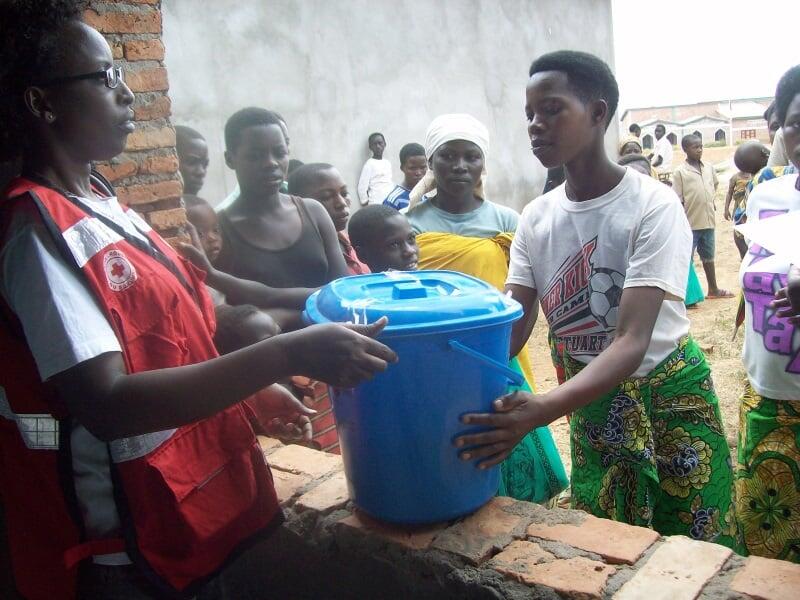Countries commit to boosting support for women, girls during crises
ISTANBUL, 23 May 2016—An unprecedented commitment by countries across the world to scale-up investments in sexual and reproductive health to end all preventable maternal deaths of women, girls and newborns in crises, was announced today, the opening day of the World Humanitarian Summit. The countries also committed to stepping up actions to achieve Sustainable Development Goals on safe delivery, emergency contraception, voluntary family planning, as well as medical and psychosocial services for gender violence survivors.
The commitments are contained in a joint statement agreed by more than a dozen countries. According to its terms, the countries would also ensure that financing for humanitarian action includes access to sexual and reproductive health, as part of essential health packages in crises and of implementing the Sendai Disaster Risk Reduction Framework.
“We warmly welcome this multinational commitment to increase investments in the special needs of women and girls to help ensure their maternal health is kept at the forefront of any humanitarian intervention,” said Dr. Babatunde Osotimehin, Executive Director of UNFPA, the United Nations Population Fund. “It is only fitting that this vital commitment is announced as part of the first global humanitarian summit of its kind in history.”
Women do not stop getting pregnant or having babies during conflicts, according to the agreement. Yet, emergencies put women and their babies at risk because of the loss of medical services which is compounded by trauma and exposure to violence, including sexual violence, child marriage and human trafficking.
Each day, the joint statement added, more than 500 women die in pregnancy or childbirth in crises or fragile settings. About 60 per cent of maternal deaths occur in countries affected by or prone to conflicts, forced displacement or natural disasters.
Current parties to the agreement include Australia, Central African Republic, Denmark, Finland, Iceland, Liberia, Netherlands, Norway, Philippines, Sweden, Switzerland, United Kingdom and Uruguay.
***
For more information, please contact:
Omar Gharzeddine, +90 543 461 9591, gharzeddine@unfpa.org



